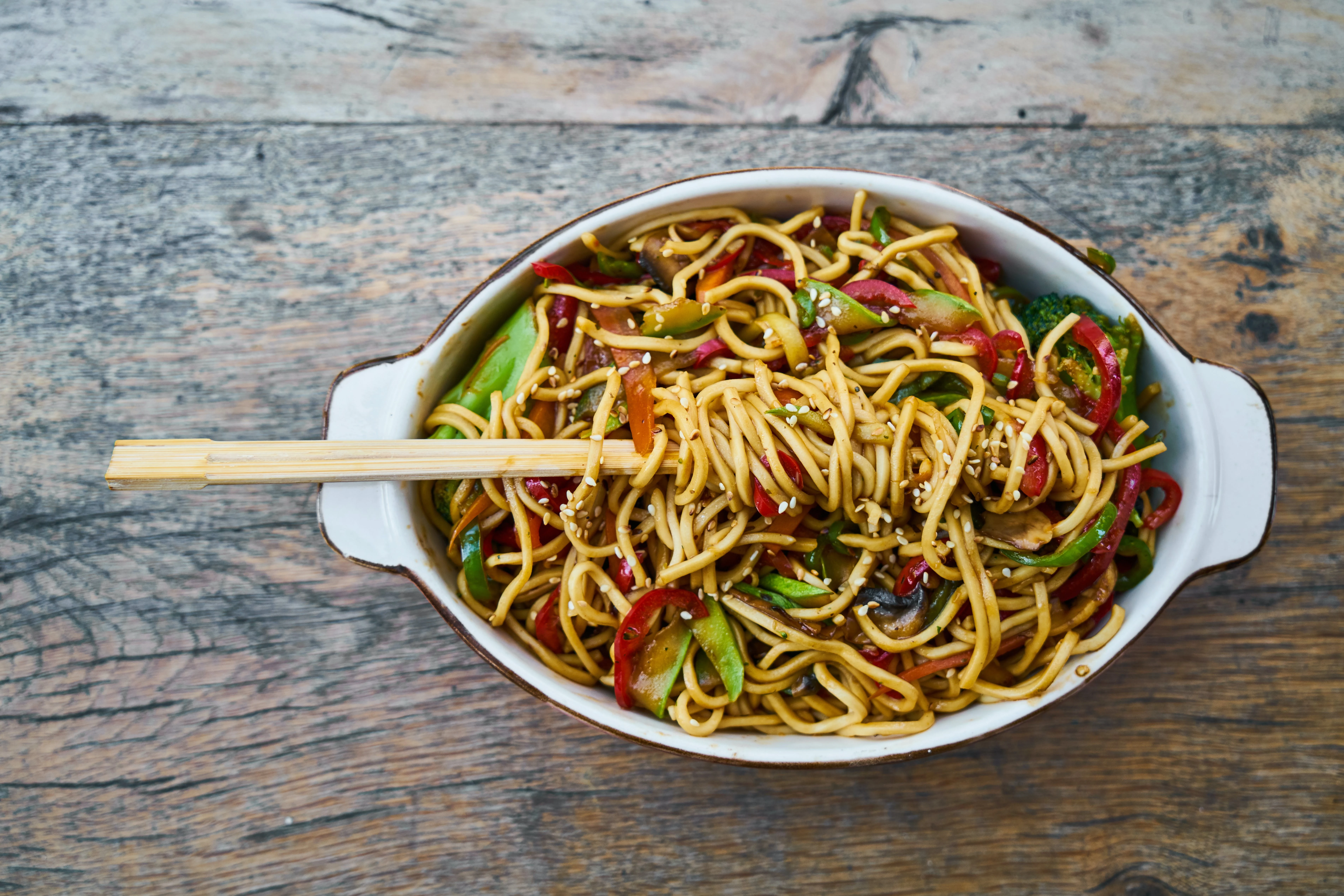 |
| Photo/Pexels |
Trap 1: While vegetarian diets avoid animal fats, two plant-based oils contain saturated fatty acids, contributing to high blood lipids, including cholesterol and abnormal triglyceride levels. The United States' '2015-2020 Dietary Guidelines' made a significant change by eliminating the daily limit on cholesterol intake. Most cholesterol in the body is self-synthesized, with no research showing a direct link between high cholesterol diets and blood cholesterol levels or heart disease. However, cholesterol only exists in animal-based foods, suggesting that vegetarians might not face high cholesterol problems, right? The core issue, though, lies within fats.
Oils consist of saturated and unsaturated fatty acids. Saturated fats increase cholesterol synthesis in the body, raising the risk of cardiovascular diseases, while unsaturated fats do not. Among plant oils, only coconut oil and palm oil belong to saturated fatty acids.
Trap 2: Commercial fried snacks might contain trans fats, elevating bad cholesterol when consumed excessively. Trans fats increase LDL levels and decrease HDL levels, posing greater health risks. Although regulations prohibit artificial trans fats starting from July 2018 under the 'Food Safety and Sanitation Management Act,' it's crucial to note that fully hydrogenated oils, while free of trans fats, still contain saturated fats and should be limited in consumption. Packaged foods like ice cream, potato chips, and pastries frequently use these oils due to cost and processing temperatures. Consumers should scrutinize nutritional labels and avoid substituting such foods for proper meals.
Trap 3: Excessive refined sugar can result in triglyceride formation, burdening the body and increasing the risk of cardiovascular diseases. In 2018, Taiwan's Ministry of Health and Welfare recommended that added sugar intake should not exceed 10% of total caloric intake.
Added sugars refer to sugars added during food or beverage preparation, such as brown sugar, cane sugar, syrups, and honey. Overconsumption of refined sugars forms triglycerides in the body, posing health burdens and raising cardiovascular disease risks.
Preventing high blood lipids is an ongoing concern. Regardless of lipid, blood sugar, or blood pressure control, improving lifestyle habits is key. Besides adhering to the Ministry of Health and Welfare's vegetarian dietary guidelines, maintaining proper sleep patterns, avoiding smoking, limiting alcohol consumption, and incorporating regular exercise into daily routines are crucial for a balanced approach to food choices and a healthier lifestyle.





0 Comments